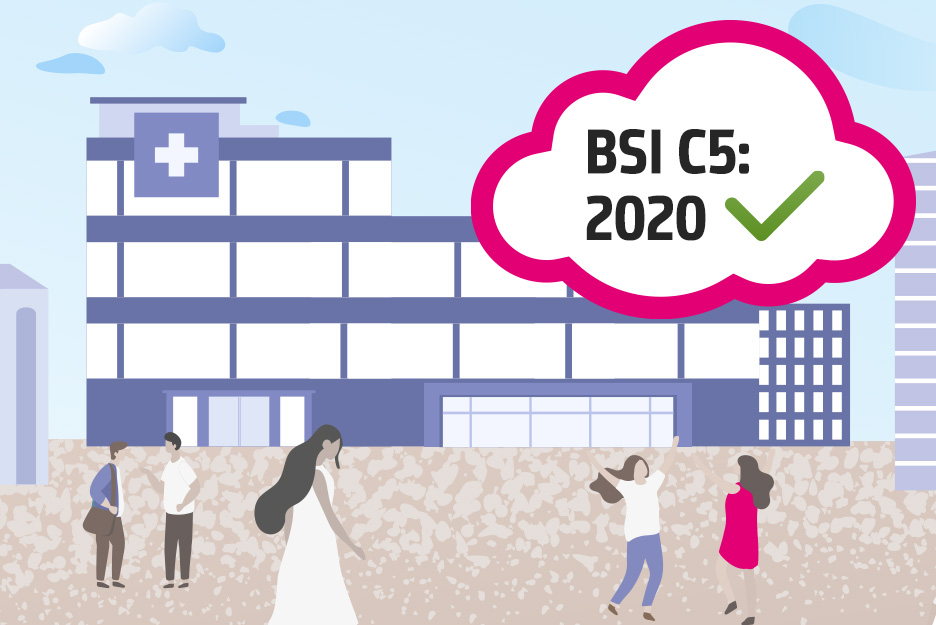In this article you can read,
- how the Digital Act (DigiG) enables companies in the healthcare sector to use the cloud,
- what companies need to consider when using the cloud,
- and why the Open Telekom Cloud is a good choice for the healthcare industry.
The cloud is becoming increasingly popular in regulated sectors. In December 2022, the BSI (German Federal Office for Information Security) issued guidelines for the use of external cloud services within public administration, in the first quarter of 2024, the healthcare sector has followed suit: the draft law “to accelerate the digitalization of the healthcare sector” (Digital Act, DigiG) now explicitly permits the use of the cloud for organizations in healthcare (which was previously prohibited).




